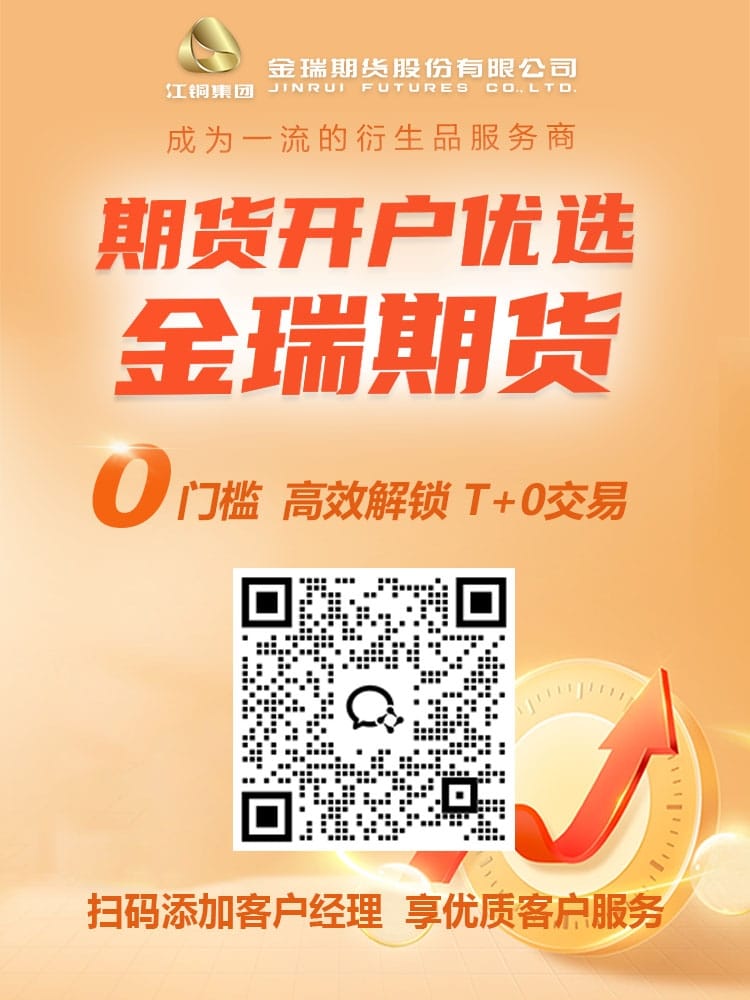TMTPOST -- Wang Mingwang, widely known as the 「richest man in Maoming, Guangdong Province,」 is preparing to take his company Sunwoda public on the Hong Kong Stock Exchange. If successful, Sunwoda would join the ranks of CATL and EVE Energy as the third lithium battery giant to be listed on both the A-share and Hong Kong stock markets, cementing its status as a top-tier player in the global battery industry.
Sunwoda, a global leader in consumer batteries, has long surpassed a market value of $5.6 billion. Since the founding of Sunwoda Power, top venture capital firms like IDG Capital, Source Code Capital, and Shenzhen Capital Group have invested in the company. Major automakers such as SAIC, NIO, XPeng, and Li Auto have poured over $1.68 billion into multiple funding rounds.
Yet despite these impressive figures, the company faces harsh realities. The lithium battery industry is in the throes of a brutal price war. Sunwoda』s product prices are under constant downward pressure, caught between rising costs from upstream material suppliers and downstream demands for cheaper products from automakers. Cash flow is especially tight, as payments from clients are slow to arrive while the company must meet its own obligations. Compounding the strain, Sunwoda』s ambitious overseas factory expansions are draining cash reserves at an accelerated pace.
Sunwoda has dominated the global consumer battery market for years, and Wang Mingwang』s personal wealth has soared alongside the company』s growth. According to the 2025 Hurun Global Rich List, Wang and his wife Cai Die』e rank 2,295th globally, with a net worth of $1.61 billion. Before the IPO, Wang and his cousin Wang Wei controlled 19.60% and 7.18% of Sunwoda』s A-shares, respectively, giving them a strong hold over the company.
The story of Wang Mingwang』s rise began in 1997 when he and his cousin Wang Wei co-founded Sunwoda in Maoming, Guangdong. The duo』s business instincts led them into the consumer battery sector, eventually partnering with ATL and entering Apple』s supply chain. With Apple』s endorsement, Sunwoda』s reputation soared. In April 2011, the company went public on the ChiNext board, marking its official entry into capital markets. Soon, Sunwoda appeared on the supply chain lists of international giants like Konka and Philips, solidifying its position as the 「Global King of Mobile Phone Batteries.」
However, Sunwoda was a late entrant to power batteries, beginning serious development in 2008. It was not until 2014 that Sunwoda established a dedicated power battery division, acquiring Dongguan Liwei to secure core cell technology and partnering with Shenzhen INVT on new energy vehicles. While competitors such as CATL, BYD, CALB, and Gotion High-Tech leveraged scale, vertical integration, price wars, and strategic partnerships, Sunwoda differentiated itself by betting on fast-charging technology as its unique edge.
In 2022, Sunwoda accelerated investments in the power battery sector, planning over $7 billion in investments with a target production capacity of 130GWh. Over nearly three decades, Sunwoda has developed a comprehensive lithium battery ecosystem, covering consumer batteries, power batteries, and energy storage systems. Its long-term partnerships with tech and automotive companies include Xiaomi, Lenovo, Li Auto, XPeng, and Honor.
According to China Insights Consultancy, as of 2024, Sunwoda held a 34.3% share of global mobile phone battery shipments and ranked second worldwide in laptop and tablet batteries with a 21.6% market share.
Sunwoda is no stranger to capital markets. The Hong Kong listing would mark Wang Mingwang』s fourth major push into public markets. The company first went public on the Shenzhen Stock Exchange in 2011, followed by a 2022 listing on the Swiss Exchange that raised nearly $434 million.
Yet one subsidiary, Sunwoda Power, has remained a concern due to persistent losses. From 2022 to 2024, the unit posted nearly $700 million in losses across three years, making it ineligible for a standalone A-share listing. Consequently, Wang turned to the Hong Kong market as a strategic alternative, both to enhance the company』s reputation and secure capital for survival.
While Sunwoda』s public disclosures suggest significant cash holdings—$560 million allocated to wealth management, $42 million for stock trading, and nearly $70 million in dividends paid from 2022 to 2024—the company remains eager to raise funds in Hong Kong. This move reflects the dual motives of prestige and the pressing need to finance global expansion.
With the domestic lithium battery market fiercely competitive, Sunwoda has turned to overseas markets for growth. Overseas revenue now accounts for more than 40% of total sales, and the company has 25 production bases under construction or operation, including six overseas in India, Vietnam, and Hungary. For instance, a $280 million investment is planned for a Vietnam production base. These projects require substantial cash outlays, making external funding essential to sustain operations.
The lithium battery industry is currently in 「hell mode,」 with overcapacity triggering steep price declines. Sunwoda』s power battery prices fell to just $0.08/Wh in 2024, while consumer battery prices dropped from $9.27 in 2022 to $6.44 in early 2025. Profits have been squeezed: despite an annual revenue of $7 billion, net profits in 2023 fell 8.2% year-on-year to $46 million, less than half of the prior year.
Cash flow pressures are acute. At the end of Q1 2025, Sunwoda held $1.5 billion in cash, but accounts receivable totaled $2.06 billion, with liabilities to suppliers at $3.52 billion and bank loans of $1.85 billion. Even full collection of receivables would not cover immediate obligations, highlighting the company』s fragile financial position.
With domestic dividends largely exhausted and overseas expansion consuming vast sums, the Hong Kong IPO is crucial. It represents not just a path to prestige but a lifeline to maintain Sunwoda』s operations and global ambitions in a fiercely competitive lithium battery market.























